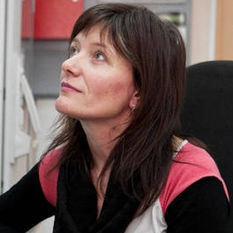Biosatellite Bion No. 2 delivered to Baikonur Cosmodrome: scientists told who will fly into orbit in August

Ant-cosmonauts prepare for flight on Bion-M No. 2 with mice and flies
Biosatellite Bion No. 2 has been delivered to the Baikonur Cosmodrome to prepare for its August launch. It will carry into space a whole "Noah's Ark" with mice, fruit flies, plants, cell cultures and microorganisms. That's about the main scientific experiments. But there will also be a children's section with an ant farm and tomatoes.
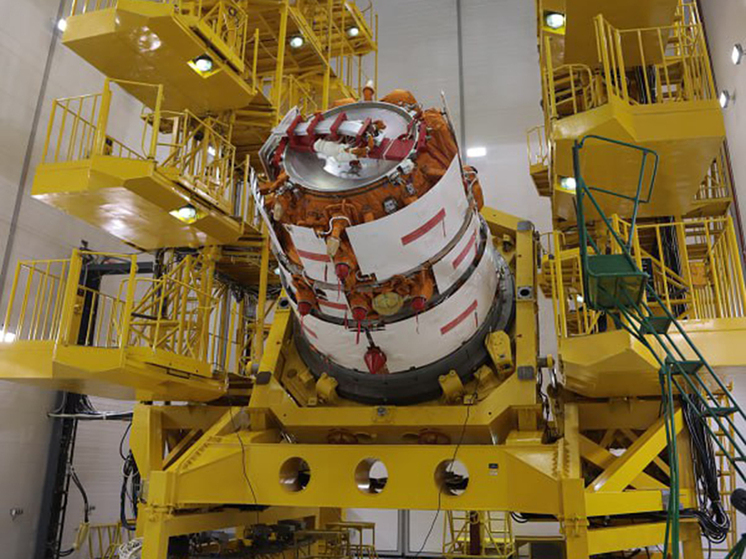
test banner under the title image
Roscosmos recently reported on the assembly of the Soyuz-2.1b rocket package, which is supposed to deliver a biosatellite into orbit.
Let us recall that 12 years have passed since Bion-M No. 1, which flew in near-earth orbit with mice, gerbils, geckos, snails, crustaceans, fish and microbes. Scientists then conducted experiments on the gravitational physiology of animals, studying the effect of space flight and open space on them.
The new Bion-M No. 2 is just being prepared for dispatch, presumably the launch will take place on August 20, 2025.
The biosatellite is planned to be launched into orbit at an altitude of 300 to 370 kilometers with a polar inclination of about 97 degrees for 30 days. The emphasis will be placed for the first time on the effect of radiation on mammals and insects. The main goal of the experiment is to test the conditions of the near-polar orbit, where our new Russian orbital station (ROS) will fly in the future.
75 mice, over a thousand fruit flies, cell cultures, microorganisms and seeds are already ready for the flight into space and are in special conditions. Of the wild plants, the flight on "Bion-M" No. 2 will be made by seeds of plants listed in the Red Books of Russia, for example, golden bupleurum, Schrenk tulip, thin-leaved peony, three-lobed azure, bracted poppy and others. They were prepared by specialists from the Botanical Garden of the Samara University named after S.P. Korolev. The goal is to study the effects of space conditions on plants and assess their safety for the Russian orbital station. There is a theory that being in orbit has a beneficial effect on seed germination and post-flight development of seedlings. This is what scientists want to test.
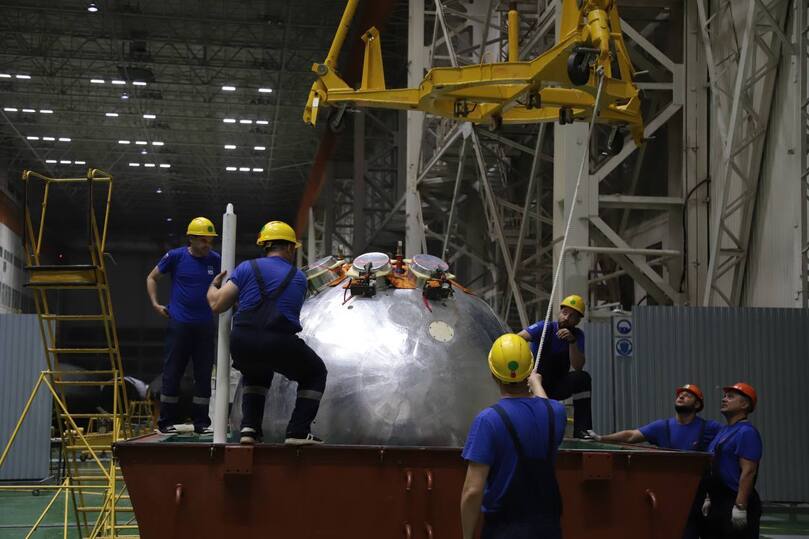
In addition, peppers, tomatoes, wheat, leaf crops, and Arabidopsis, prepared by specialists from the Institute of Medical and Biological Problems of the Russian Academy of Sciences, will be sent into orbit. For the first time, apple seeds will fly into space on Bion-M No. 2.
In addition to experiments with animals and plants, an experiment on waste disposal is planned to be conducted on board the biosatellite. An innovative bioreactor with microorganisms that can decompose old napkins, towels and other waste with the release of gas and water will be installed inside Bion-M No. 2. In total, there are more than thirty experiments in the biosatellite's scientific program.
Despite the considerable workload, there was also room for a children's experiment called "Ecosystem in Orbit", prepared by Russian and Belarusian schoolchildren. This is a small transparent plexiglass container with ants and tomato seeds planted in it.
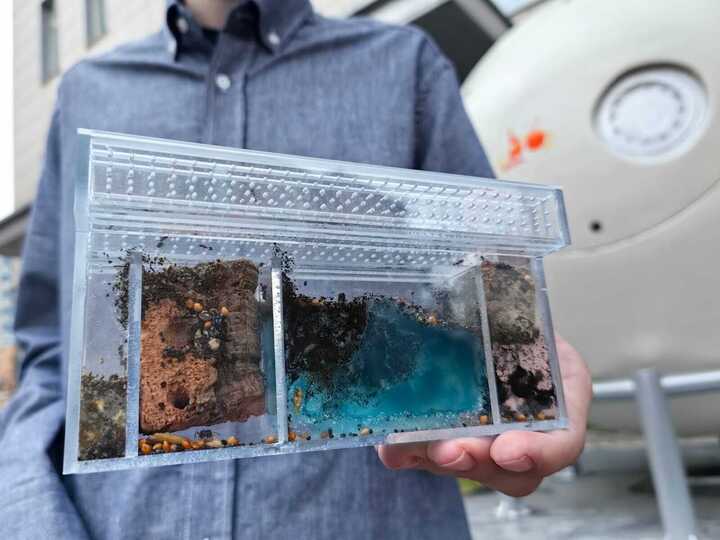
As reported to MK by the Institute of Medical and Biological Problems of the Russian Academy of Sciences, while Bion-M No. 2 is undergoing the necessary pre-launch tests at Baikonur, its numerous “passengers” are awaiting shipment in Moscow, in special sterile laboratories of the IMBP RAS. They will be delivered to the cosmodrome by plane closer to the launch date, approximately August 12. 75 mice will be seated in special “cabins”-bios of the spherical apparatus approximately 2-3 days before the launch. After the flight, all the animals will again disperse to institutes across the country for research.
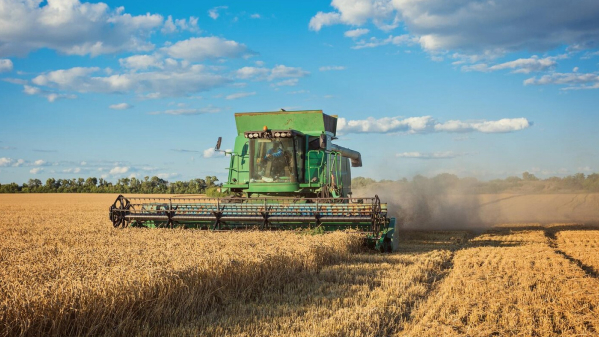
mk.ru

